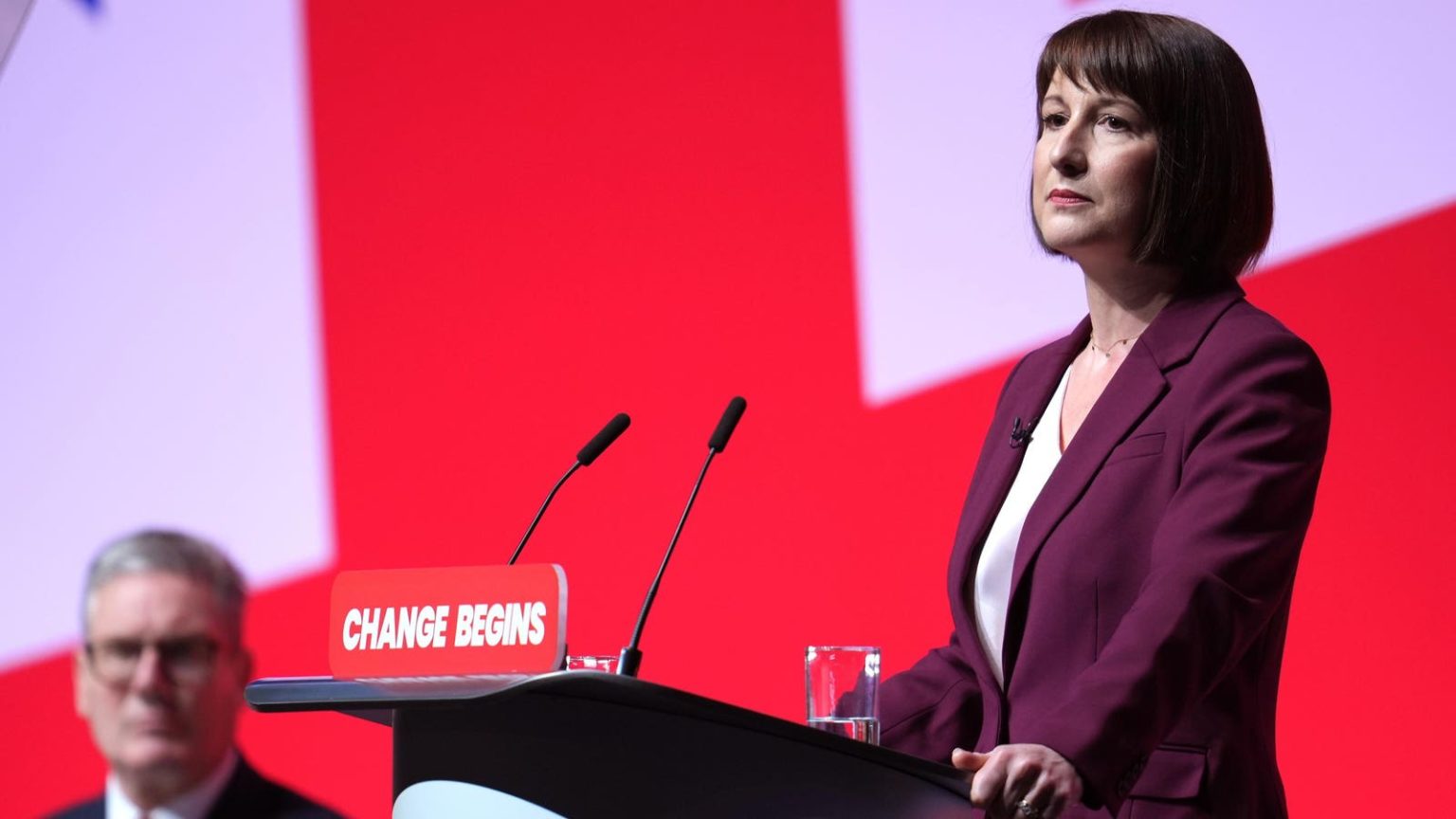UK Businesses Slam Brakes on Hiring Amidst Economic Downturn and Tax Hikes, Sparking Concerns of Deeper Recession
London, UK – The UK job market is flashing warning signs of a deepening economic slowdown as businesses scale back hiring plans at the fastest pace in over four years. This concerning trend, revealed in a new survey by KPMG and the Recruitment and Employment Confederation (REC), comes in the wake of Chancellor Rachel Reeves’ Autumn Budget, which introduced significant tax increases for businesses. The findings add to mounting pressure on the government amidst growing concerns about the potential for a prolonged recession.
The KPMG/REC report paints a stark picture of declining business confidence and its direct impact on employment. The survey reveals a "sharp and accelerated pace" of decline in job vacancies during November, driven primarily by a significant drop in demand for permanent staff. This suggests that businesses are not simply postponing hiring but are reevaluating their long-term staffing needs in response to the changing economic landscape. The report highlights the increased burden of National Insurance contributions and higher minimum wage requirements as key factors contributing to the hiring slowdown. These additional costs, businesses argue, are squeezing profit margins and forcing them to reconsider expansion plans.
Adding to the gloom, a separate report by accountancy firm BDO reveals that business optimism has plummeted to its lowest level since January 2023. The BDO Optimism Index, a key indicator of future economic activity, fell to 93.49 in November, reflecting widespread anxiety about rising costs, weakening consumer demand, and the overall economic outlook. This decline in confidence underscores the challenges facing businesses as they navigate a turbulent economic environment characterized by high inflation, rising interest rates, and ongoing global uncertainty. The contraction in BDO’s output index, which measures current business activity, further reinforces the narrative of a shrinking economy, signaling a potential contraction in November.
The confluence of declining job vacancies, plummeting business confidence, and a contracting output index paints a troubling picture for the UK economy. The data suggests that the government’s fiscal tightening measures, while intended to stabilize public finances, may be having the unintended consequence of exacerbating the economic downturn. Businesses, grappling with increased costs and diminishing demand, are increasingly reluctant to invest and expand, leading to a vicious cycle of declining economic activity and rising unemployment.
The Chancellor’s Autumn Budget, which included £40 billion in tax hikes, aimed to address the country’s fiscal challenges and fund essential public services. However, business groups have expressed serious concerns about the impact of these measures, arguing that they will stifle growth, force job cuts, and ultimately undermine the government’s efforts to stabilize the economy. The Confederation of British Industry (CBI), a leading voice for UK businesses, has warned that squeezing profit margins will inevitably lead to reduced investment, hindering long-term growth prospects.
The current economic climate presents a significant challenge for Chancellor Reeves as she attempts to balance the need for fiscal responsibility with the imperative to support economic growth. The declining job market and plummeting business confidence underscore the risks associated with aggressive fiscal tightening in a fragile economic environment. Finding a sustainable path forward will require a delicate balancing act, ensuring that fiscal prudence does not come at the expense of long-term economic prosperity. The government’s ability to address these complex and interconnected challenges will be crucial in determining the UK’s economic trajectory in the months and years ahead.
The government argues that the tax increases are necessary to address the country’s fiscal challenges and invest in vital public services. Chancellor Reeves has repeatedly defended the budget measures, emphasizing the need to stabilize public finances and ensure long-term economic sustainability. However, critics argue that the tax hikes are ill-timed and counterproductive, exacerbating the economic slowdown and potentially pushing the country into a deeper recession. The debate over the appropriate balance between fiscal consolidation and economic stimulus is likely to intensify as the economic outlook remains uncertain.












